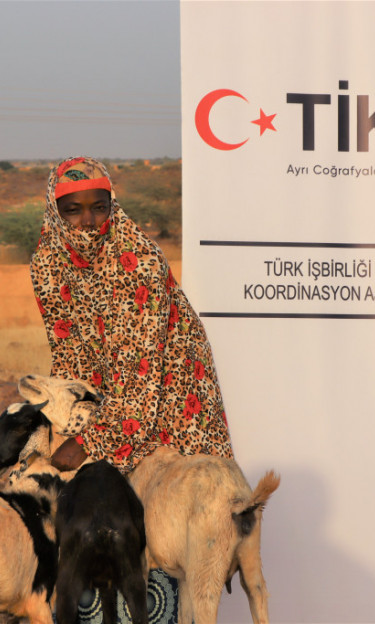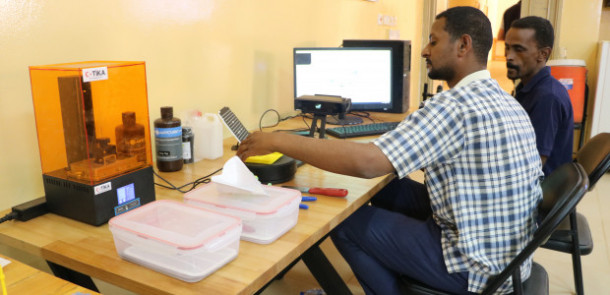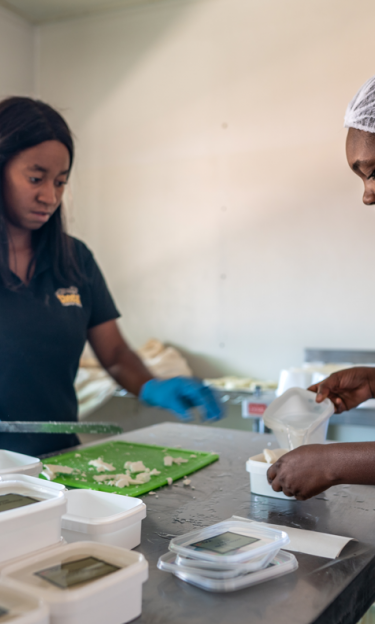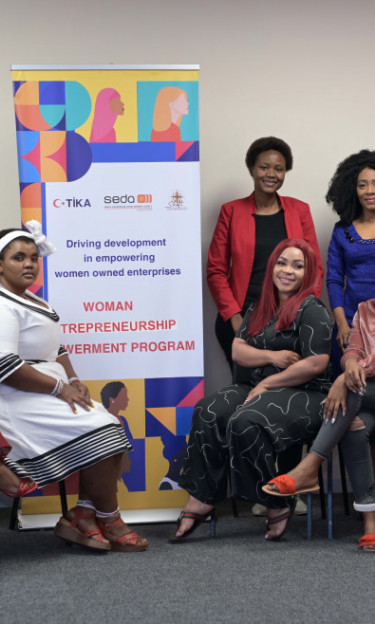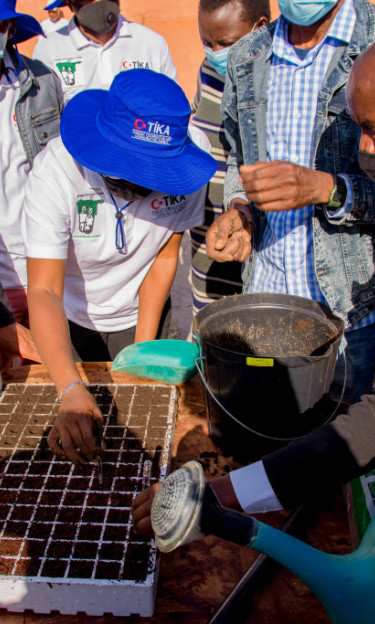As part of the Festival of Cultures of the Biennale of Luanda 2021, discover the cultural content proposed by Turkey!
Enjoy your visit!
The Turkish Cooperation and Coordination Agency (TİKA) was initially established under Statutory Decree Law 480 as an international technical assistance agency under the authority of the Ministry of Foreign Affairs in 1991. In 1999, it was entrusted to the Prime Minister’s Office with a Presidential Order. In 2011, the body of rules and the name of the Turkish Cooperation and Coordination Agency (TİKA) were updated and its flexible new structure enabled much quicker decision-making and helped its activities to continue in a more robust manner. TİKA is a public legal entity with a private budget, and since 2018 it carries out its activities under the Ministry of Culture and Tourism.
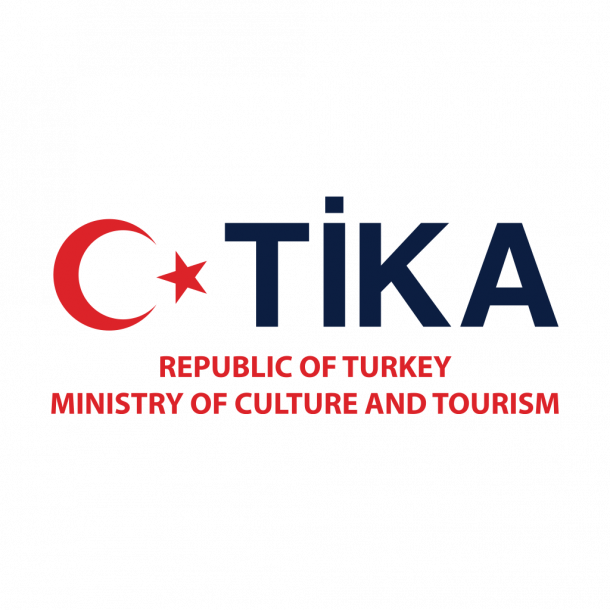
In line with Turkey’s humanitarian foreign policy, TİKA continued its institutional growth, widening the geographical and sectoral scope of the cooperation in extensive geography from Central Asia and the Balkans to Africa, Latin America, and the Pacific Islands. Today, the Turkish Cooperation and Coordination Agency implements projects in over 150 countries with 62 Program Coordination Offices in 60 countries.
TİKA’s Vision
Becoming an efficient organization that is able to provide rapid and permanent solutions to regional and cultural issues in line with justice and equality by mobilizing all possible resources and using various tools and methods in all fields of development cooperation.
TİKA’s Mission
In line with Turkish foreign policy and economic development; carrying out sustainable projects and activities that will support economic, social and humanitarian development processes and ensuring that our common historical and cultural legacy is carried forward in cooperation with relevant organizations, in countries where we pursue our activities.
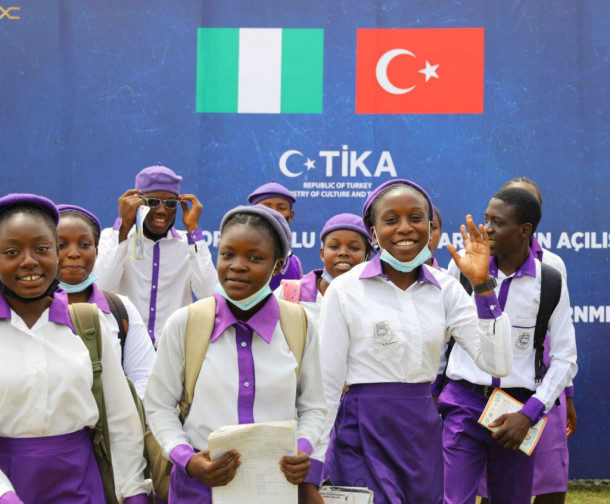
Turkey’s development cooperation efforts are shaped under the "Turkish Type Development Cooperation Model”, which can be summarized as human-oriented, empathetic to local sensitivities, creating opportunities and sustaining them in all human aspects. This Model is realized by about 150 public/private institutions as well as the NGOs and private sector organizations in the direction of the requests from countries where assistance is provided, TİKA plays a key coordination role for all Turkish stakeholders involved in development cooperation, including line ministries, public institutions, non-governmental organizations and the private sector.
As a demand-driven organization, TİKA’s activities focus on partner’s needs and priorities. This creates a diversified set of tools for TİKA such as capacity building, infrastructure building, humanitarian aid, cultural heritage and South-South cooperation. Also, many sectors like; education, health, culture, government, environment, trade and civil society are under the coverage of TİKA’s cooperation activities.
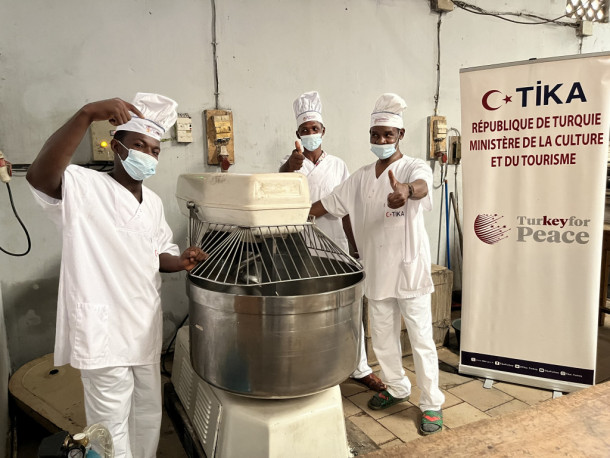
This perspective also embraces the Sustainable Development Goals (SDGs) and South-South cooperation. As an agency that completed activities and projects in more than 150 countries, TİKA focuses its development cooperation on promoting cultural heritage, supporting food security and nutrition, addressing unemployment, combating inequality, and advancing a development agenda conscious of the underlying role of peace, the rule of law, and governance in achieving development goals.
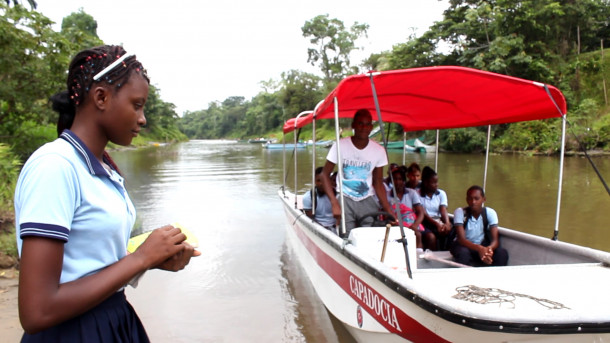
Since its establishment in 1992, TİKA has carried out over 26.000 projects and activities in more than 150 countries on 5 continents. With the awareness that SDGs require a holistic approach, TİKA conducts activities to overcome global challenges in many areas, especially in health, education and humanitarian aid. TİKA projects are grant-based, human-oriented, demand-driven and carried out in cooperation with partner countries.
In the field of humanitarian action; TİKA focuses on humanitarian relief for the damage caused by the conflicts in Syria, Libya, Iraq, Yemen, Afghanistan, Somalia and many other geographies. TİKA also contributes to countries’ efforts in disaster relief as was the case following the earthquake in Mexico or Cyclone Idai in Mozambique. TİKA conducts humanitarian activities with a people-oriented approach in the field of infrastructure, education and emergency humanitarian aid.
In the field of education; TİKA has implemented approximately 4,850 projects, including vocational trainings, to date. TİKA has built schools in many countries from Afghanistan to Macedonia and Albania, from Cambodia, Ethiopia and Palestine to Iraq and Mexico. Hundreds of schools have been renovated in the geographies where it operates, enabling students from kindergarten to university to benefit from the quality and modern education opportunities in their own countries. Between the years 2011-2020 TİKA built and renovated over 1520 schools.
In the field of health; TİKA realized hospital and health center construction, as well as ambulance and equipment donations. In addition, training activities have been carried out in countries that demand medical education at all levels, from first aid to specialist training. The number of hospitals and clinics built and renewed by TİKA between 2011 and 2020 is approximately 485.
TİKA expands its development cooperation with LDCs with a human-oriented and demand-based approach in line with the Turkish Type Development Cooperation Model. TİKA also continues to work in the fields of cultural heritage protection /preservation, water and sanitation, improving administrative structures, supporting urban and rural services, strengthening agricultural infrastructures and supporting women.
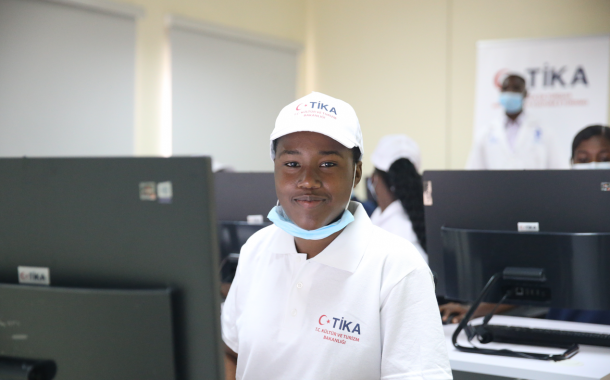
Disclaimer
The ideas and opinions expressed on this page are those of the Member State; they do not necessarily represent the views of UNESCO and the Organization hereby declines all liability. The designation employed and the presentation of material throughout the National Pavilion or this webpage do not imply the expression of any opinion whatsoever on the part of the Organization, concerning the legal status of any country, territory, city or area of its authorities, or concerning its frontiers or boundaries.




